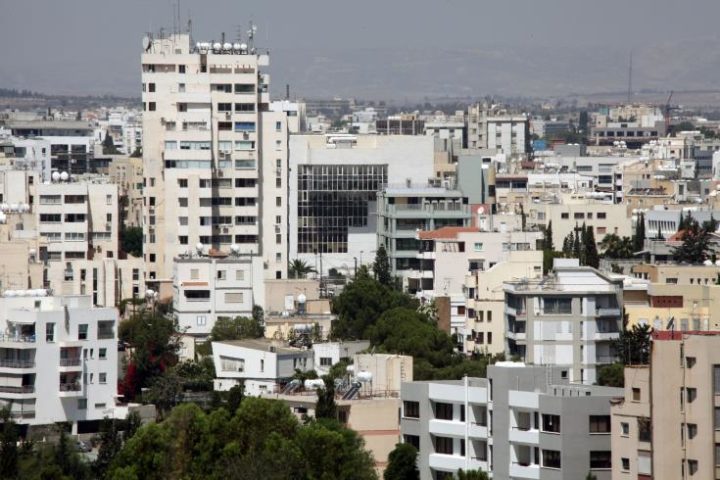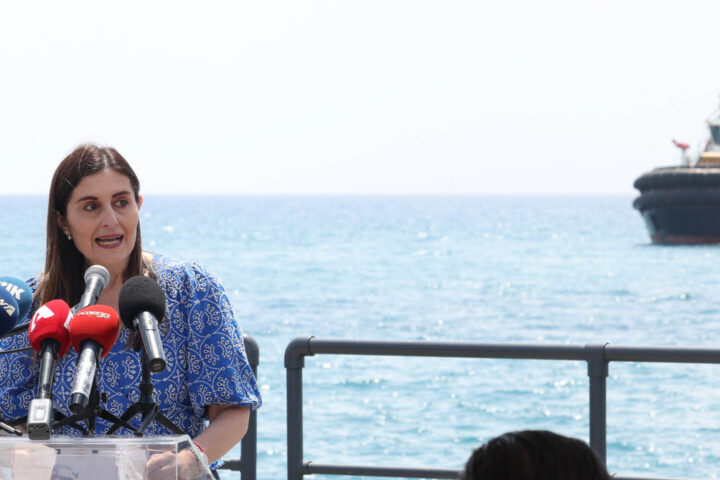The Finance Ministry seeks a compromise with the House on the thorny issue of reduced VAT for first homes by increasing the property’s value rather than tampering with size criteria.
Authorities have picked up the issue once more after the grace period given by the European Commission expired, along with a warning against Cyprus over the discount.
The European Commission gave MPs until 15 February to approve relative legislation aligned with the EU directives on housing incentives, but the Anastasiades administration had asked for an extension, pushing the envelope to the next government.
Brussels extended the grace period by another month to allow newly-elected President Nikos Christodoulides to act.
The EU directive dictates that member states introduce legislation of 5% VAT on homes up to 140 square metres.
According to the proposed bill by the Finance Ministry, a home of more than 170 sqm will get the standard 19% VAT for every square metre over the limit of up to 200 square metres.
But a home covering over 220 square metres is not eligible for the lower VAT rate of 5% and instead incurs 19% for the whole project.
For flats, only the first 90 square metres of an apartment covering 110 sqm will be taxed at 5% VAT.
Currently, this is applicable for homes and flats over 275 square metres.
Social policy
The government prepared the bill as a compromise, as the directive allows states to employ a reduced VAT rate on homes if this serves social policy, such as promoting affordable housing.
However, if EU-approved legislation is not adopted, Cyprus could be slapped with sanctions by Brussels, as an infringement procedure was launched against the Republic in the summer of 2021.
The Finance Ministry tabled an updated proposal to the House, which increases the value of the homes entitled to the discount in an attempt to buffer criticism from the real estate sector.
A Finance Ministry representative informed the House that based on official data, the cost of construction materials increased by 10% in 2022, which would justify the increase in the value criteria.
That is, the value of the properties that will enjoy reduced VAT would rise to approximately €400,000 for houses and €230,000 for apartments.
The Finance Ministry’s previous proposal covers property transactions with a value of up to €350,000 for houses, as well as flats with a total value of up to €200,000.
MPs campaigned to extend the size criteria included in the legislation to fit the Cypriot market specs for larger homes.
However, the government was unwilling to push the limits past the size criteria set in the bill, which were already in violation of the EU directive.
The EU argued that it has evidence indicating the government did not use social contingency measures in a targeted manner to offer lower VAT rates.
In the warning letter, the European Commission stated clearly that third-country nationals eyeing a Cypriot passport through its now-defunct Citizenship for Investment scheme have benefited from the measure.
Nicosia was also under the microscope after an Audit Office report claimed the current legislation was abused by foreign investors eyeing a golden passport, costing the state millions in unpaid taxes.
Based on the findings, the Republic had revenue losses of €200 mln from foreign investors who were naturalised as Cypriots.
Foreign investors eyeing a Cypriot passport took advantage of loopholes when buying luxury apartments, getting away with the lower 5% VAT clause.










